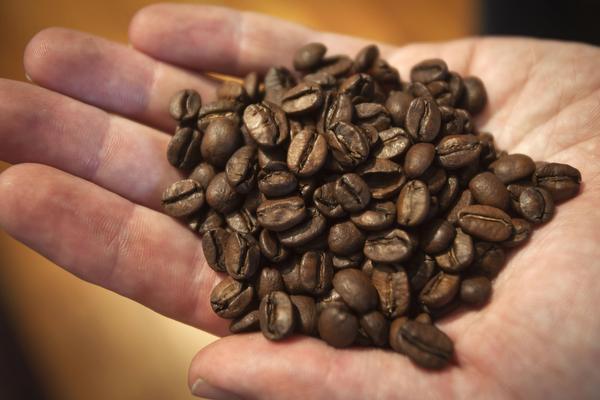The high GST rate, besides bringing down instant coffee consumption, would also have a significant impact on the coffee farmers of South India
New Delhi / Bengaluru :
The coffee industry has sought a review of the GST rates on instant coffee and the curing process, while stating that such high rates would hurt consumption and, eventually, growers’ realisations.
Coffee growers are under pressure as the volatile trend in global prices, which directly influence local prices, has already kept their realisations in check.
The GST on instant coffee has been fixed at 28 per cent, while the curing or dry processing of the beans attracts a levy of 18 per cent.
Parity sought with tea
Making a case for reduction in GST on instant coffee, The India Coffee Trust, represented by various stakeholders from the sector, has appealed to the Prime Minister’s Office to bring it down to 18 per cent, on par with the instant tea.
Anil Kumar Bhandari, President, ICT, in a letter to the PMO, said the high GST rate, besides bringing down instant coffee consumption in the country, would also have a significant impact on the coffee farmers of Karnataka and South India, since instant coffee manufactures will source less raw coffee from them.
According to the ICT, of the 3.46 lakh tonnes of raw coffee produced in the country, about 2.78 lakh tonnes is exported, while the rest is consumed domestically.
Of the 0.78 lakh tonnes consumed domestically, about 50,000 tonnes is used in the form of roast and ground, while the remaining 28,000 is consumed as instant coffee.
South India accounts for the bulk of the coffee consumption, though off-take has picked up in the northern States in recent years.
The Trust said instant coffee is largely consumed by poor consumers and the cost per cup is lower when compared to the roast and ground.
It also said that higher tax would impede the development of the coffee habit in North and East India.
Seeking a cure
Meanwhile, the All India Coffee Curers Association has demanded the withdrawal of 18 per cent GST levied on coffee curing.
Curing involves dry processing and grading of green coffee beans.
As curing is an investment-intensive process, the majority of coffee growers normally outsource the dry processing of the green beans to curing works, where they are processed, graded and sorted.
“Any levy on curing would eventually hit farm-gate prices, thereby reducing growers’ realisations. The government should withdraw the levy,” said AN Devaraj, President of the All India Coffee Curers Association.
Farm-gate price worries
Coffee growers are concerned about how the impact of the GST levy on curing will influence farm-gate prices, even as the early harvesting of the arabica variety has begun in parts of Kodagu and Chikmagalur, the main growing regions.
“The GST on curing may impact farm-gate prices. With the season yet to start in full swing, it is too early to quantify the impact,” said HT Pramod, Chairman of the Karnataka Planters’ Association.
Arabica prices are hovering between ₹7,000 and ₹7,200 per 50-kg bag for the parchment, while arabica cherry prices are in the ₹3,700-4,000 per bag range, lower than last year.
“We are waiting for clarity on this issue. No sale of coffee from the new crop has taken place as growers are not in a hurry to sell as prices are low,” said N Bose Mandanna, a grower in Kodagu.
source: http://www.thehindubusinessline.com / Business Line / Home> Economy> AgriBusiness / by KR Srivats & Vishwanath Kulkarni / October 30th, 2017


